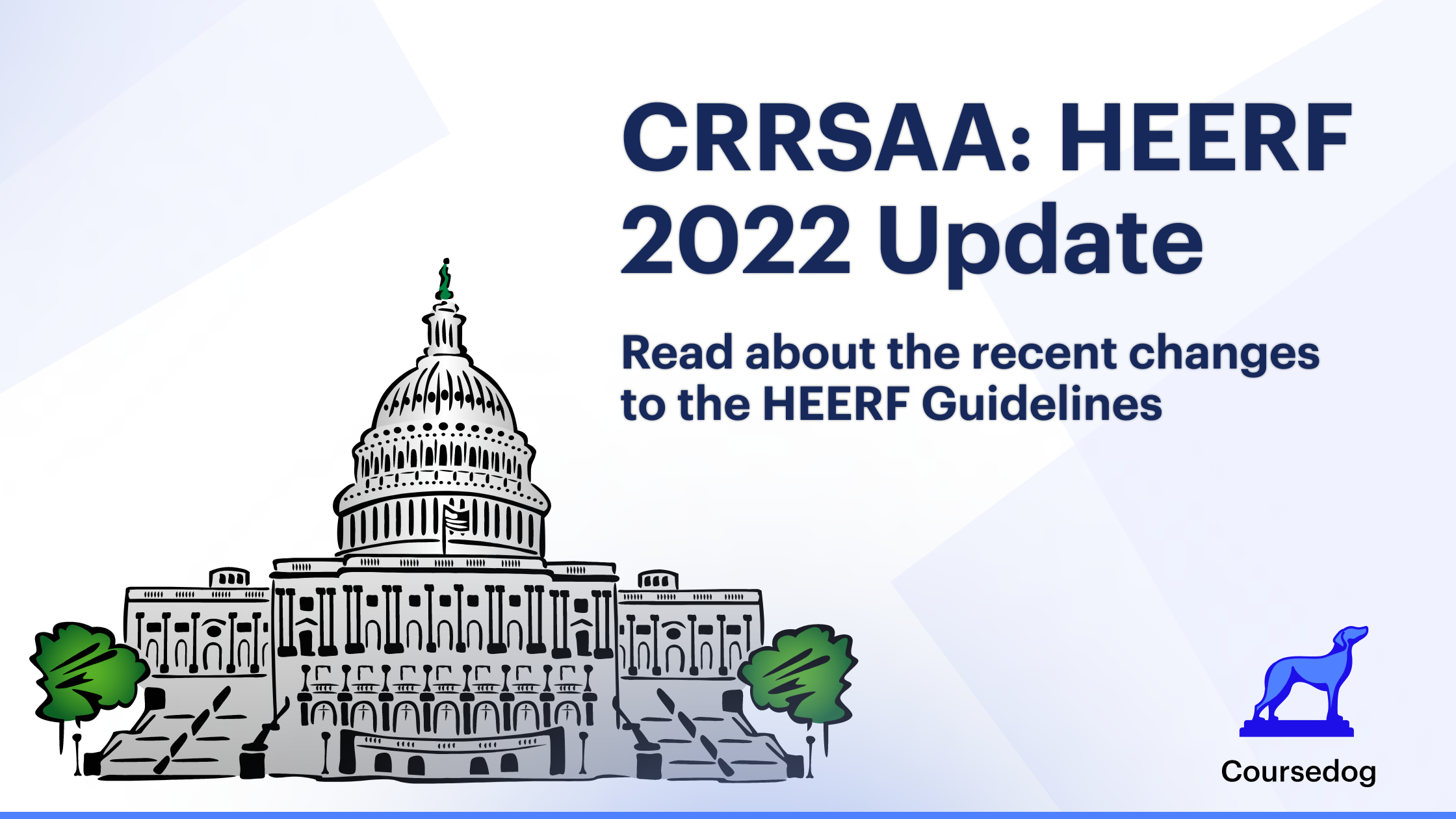3 Common Course Scheduling Errors That Hurt Students

Optimize your course scheduling process to prevent these three errors that impact students. Class conflicts, dual grading errors, and course unit errors all put students’ progression at risk.
A student sits down to register for their classes with a plan in mind, only to find that two of the classes they need are scheduled to meet at the same time. Why would two required classes be scheduled at the same time ?
The current method of creating the course schedule often requires administrators to collect scheduling information from numerous sources and manually enter the data, leading to errors in the course scheduling process. While these errors are frustrating for administrators to retroactively fix, more importantly these errors impact students’ ability to progress through their academic programs.
Support student success by addressing these three course scheduling errors that delay student progress.
Class conflicts force students to compromise on courses and make last-minute scheduling changes
Conflicts between co-reqs, pre-reqs, and gen ed courses that are scheduled at the same time force students to choose between courses they need to take. Consequently, this stalls progress as students have to play ‘catch-up’ in future terms and cannot always move beyond their required courses on time. Additionally, when conflicts happen at the last minute, students are left scrambling to find courses that will work with the rest of their already established schedule. As a result, students may also end up taking courses that don’t count toward their program requirements to maintain full-time status and financial aid eligibility.
Centralize course scheduling and enforce scheduling policies to avoid detrimental course conflicts. Institutions should also build in ample time for academic units to submit course schedules to ensure time for corrections, if needed. “A ‘just-in-time’ scheduling practice reflects the outdated way of devising course schedules that often has negative consequences for students,” according to a Hanover Research report.
Dual grading errors impact a student’s decision to register for a course based on academic preparedness
Courses marked for dual grading, also known as pass/fail grading, are often taken by students who feel less academically prepared for a course. Students may also be motivated to take these courses to avoid impacting their GPA. When a course is mistakenly offered as a dual graded course during registration, fixing the error post-registration detrimentally impacts students.
Regardless of students’ motivation to opt in or out of classes that offer dual grading, students need accurate information on which to base their scheduling decisions. Changes late in the registration period or once a class has begun may not allow students enough time to opt out of a course or find a substitute course to take. This leaves students with two options: take a course they do not feel entirely prepared for or drop the course and potentially impact their program progression or, in some cases, lose their financial aid eligibility.

Course unit errors can stall degree progression and financial aid qualification
In a Financial Aid Statistics study, the Education Data Initiative reports that, “83.8% of college students benefit from some form of financial aid.” Due to the large number of students depending on financial aid, it is crucial for institutions to ensure students can maintain financial aid eligibility with enough course credits.
Courses marked with the incorrect number of units or credit hours on the schedule can impact students’ financial aid eligibility. In most cases, students need to be enrolled in twelve course units to receive the maximum amount of financial aid for full-time status. If students are misinformed about the number of course units that a particular course is offered for, they risk dropping below the required number of units for financial aid eligibility. Students also risk dropping below the required course units to complete their program on time.

Course Scheduling Essentials for Equitable Access & Completion
Course scheduling is a critical tool to keeping students on the path to completion. Help all students access the courses they need to complete their degree.
Download White Paper



.jpg)
.jpg)
.jpg)

.jpg)
%20(1).png)





.jpg)


































%20(1).jpg)









